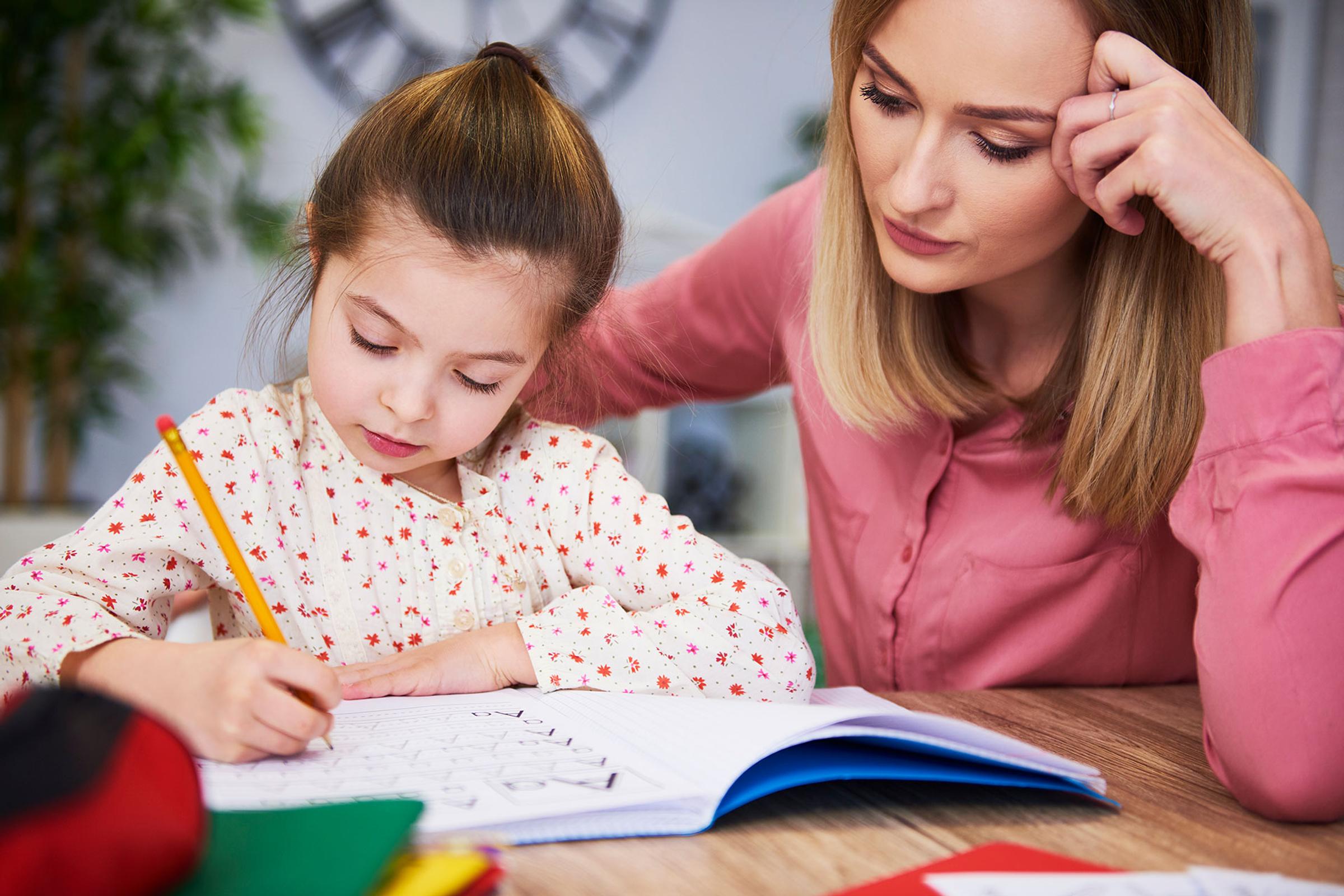Learning Resources for Parents

How to support your child/ren with reading at home?
This clip was released by the Department for Education as we first entered the COVID pandemic. This was intended to support families with helpful ideas and tips to support your chid/ren with reading at home. Take a look!
What's happening in Literacy?
When teachers and families work together students learn much better. However, in line with best practise, R-2 home reading may look a little different.
To explain, in Mathematics we use numerals to understand numbers and what they mean and how to use them to solve problems. Similarly, this happens with letters when reading (and writing). However, instead of using numerals to solve a problem (crack a code), we do this with letters (known as graphemes). Saying the sounds (phonemes) of letters as we read is called blending and by putting those sounds together as we read helps us hear the word we are reading. Decodable books develop problem-solving of a word or de-coding instead of memorising words by sight. Some words cannot be ‘decoded’ easily, so these tricky words will form homework that students do need to learn by sight.
“If a child memorises ten words, the child can read only 10 words, but if a child learns the sounds of ten letters the child will be able to read 350 three sound words; 4320 four sound words and 21,650 five sound words.” Martin Kozloff, 2002.
Children will start to take home decodable readers instead of, or as well as, levelled readers, depending on their skillset.
If you child comes home with a decodable, it’s expected they try to read this independently (with help only to sound out the words). Children read using the sounds they have learnt and are learning, practising immediately.
The words in levelled readers don’t allow this to happen easily, as children learn to rely on pictures to guess or memorise words. Not a successful skill when books have less pictures and more complex words.
Children will read decodables to adults, adults will read levelled readers with children. Talking about books is crucial:
- Talk about the words in the books and what they mean.
- Ask questions of what happened or what they think happen next.
- Discussion about books and reading stories to children is key.
For our gorgeous new receptions, parents will need to read books to children, modelling reading and talking about books. The homework this term will be a home activity that matches the learning in the class. It’s very important only the homework sheet that matches the class learning at the time is done. Too much too soon will actually slow down how well they learn what they’re being taught.
Parent PD online; Learn about Phonemes & Graphemes (sounds & letters)
https://vimeo.com/412603116/65eab513a7
Let me know what you think of this online learning and what else you may be interested in!
Guy Walmsley
Principal